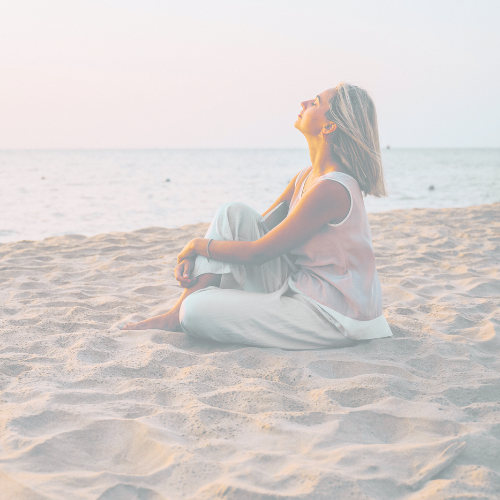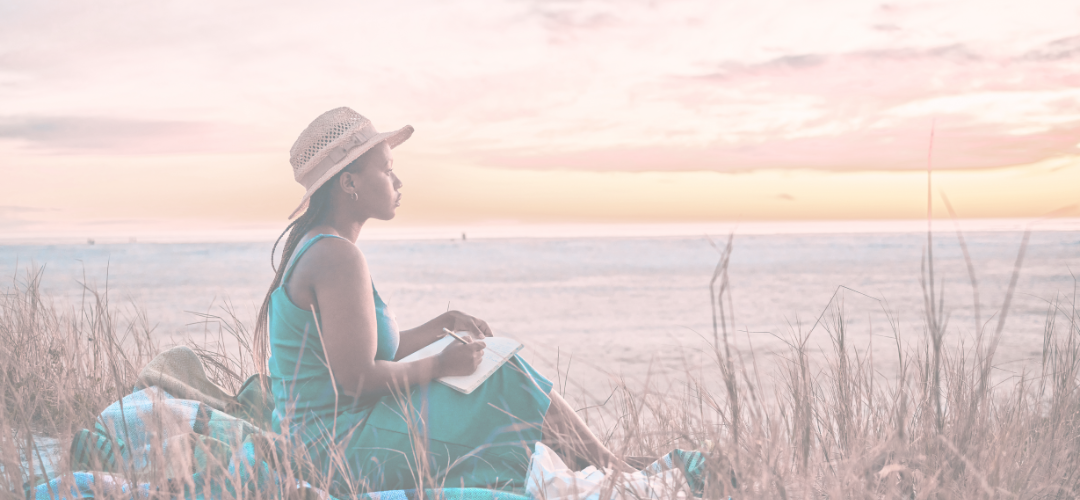Self-Care Part 2 – Changing Needs
Why your self-care needs to evolve as you do?
Self-care is a phrase we hear often, but it’s not always as simple as “take a bath” or “go for a walk.” Real self-care is personal, dynamic, and deeply connected to where you are in life right now. What worked for you five, ten, or even two years ago, may not be what you need today — and that’s perfectly okay.
In last week’s discussion, we explored how to notice the signs of declining well-being. This week, we’re taking the next step: understanding how our self-care practices change over time, and why it’s so important to adapt them to our current needs.
Self-Care is Personal — And It’s Not One-Size-Fits-All
One of the most common misconceptions about self-care is that there’s a universal list of things that “should” make us feel better. The truth? Self-care is unique to each of us. A practice that’s nourishing for one person may feel exhausting or even harmful for another.
I shared a personal example in this week’s discussion: In my twenties, jogging was one of my favourite self-care practices. It gave me energy, helped clear my mind, and made me feel strong. But in my thirties, after a knee injury, jogging started causing more harm than good. I had to adapt — swapping high-impact runs for gentler walks with knee braces and allowing more rest days.
The takeaway? It’s not failure to change your self-care routine. It’s wisdom.
Why Our Self-Care Needs Change
Your needs shift over time for many reasons:
Physical changes – injuries, health conditions, ageing.
Life circumstances – busy periods at work, family responsibilities, financial changes.
Emotional and mental states – feeling anxious, low, or highly energised.
When we keep doing what used to work without checking in, we risk creating routines that are out of alignment with who we are now. That’s when self-care can become a chore instead of a source of renewal.
Mindful Adaptation vs. Autopilot
It’s easy to get stuck on autopilot, doing the same self-care activities because they’re familiar. But real self-care requires mindfulness — asking, “What do I truly need today?”
For example:
If you’re feeling anxious, you might need to slow down, reduce commitments, and create more breathing space in your day.
If you’re feeling low (but not experiencing clinical depression), you might benefit from small, manageable actions like brushing your teeth, stepping outside for fresh air, or making your bed.
Sometimes, the kindest thing you can do is scale back and focus on the essentials until your energy returns.
Letting Go of Old Practices
One of my favourite exercises is to imagine a small basket in your hands, filled with all your self-care practices from the past.
Some feel light, warm, and helpful — these can stay.
Others feel heavy, outdated, or no longer right — these can be gently placed aside.
You can thank those practices for what they once gave you, and then create space for new ones that truly meet your needs today.
Self-Care in Challenging Times
Sometimes, the changes you need to make are bigger — like reducing work hours, taking a holiday, or seeking professional support. If you’re dealing with clinical anxiety or depression, self-care is important, but so is reaching out for additional help, whether that’s therapy, counselling, or medication.
Your Self-Care is a Living Practice
The most important thing to remember is that self-care isn’t a fixed checklist. It’s a living practice that evolves alongside you. Being mindful, flexible, and kind with yourself allows your self-care to truly serve your well-being — in this moment, and in the years to come.
🌸 If this topic speaks to you, I invite you to explore it a little deeper:
Watch the full discussion on 🔗 YouTube ✨ NEW - You can now also🔗 Listen on Spotify
To explore your changing needs in more depth., 🔗 Download the journalling worksheet
Enjoy a guided meditation to reconnect with your inner signals, 🔗 Listen on YouTube ✨ NEW - You can now also🔗 Listen on Spotify
If this post brought up thoughts or feelings you'd like to explore further, I’m here to support you. Book a one-on-one session to gently explore what’s unfolding within you.


